The Good, The Bad and The Successful: Do good players make the best managers?
Published: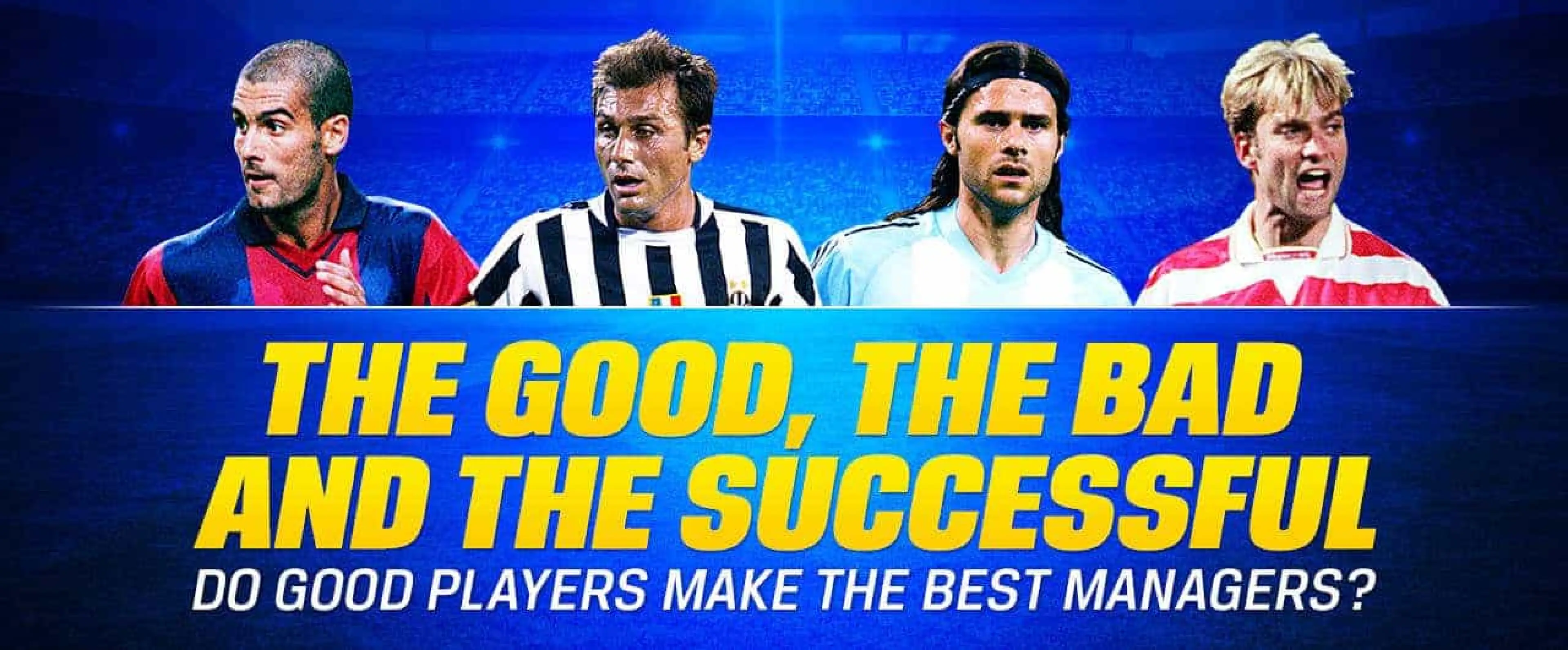
Do good players make the best managers?
It is a timeless debate in the world of football: Do good players make the best managers? And, can those who struggled on the pitch really prove to be better coaches without having experienced the same elite level of sport?
We all remember cringing at Diego Maradona’s awful Argentina selections or poor Sir Bobby Charlton’s Preston North End problems, so clearly great players can make abysmal managers.
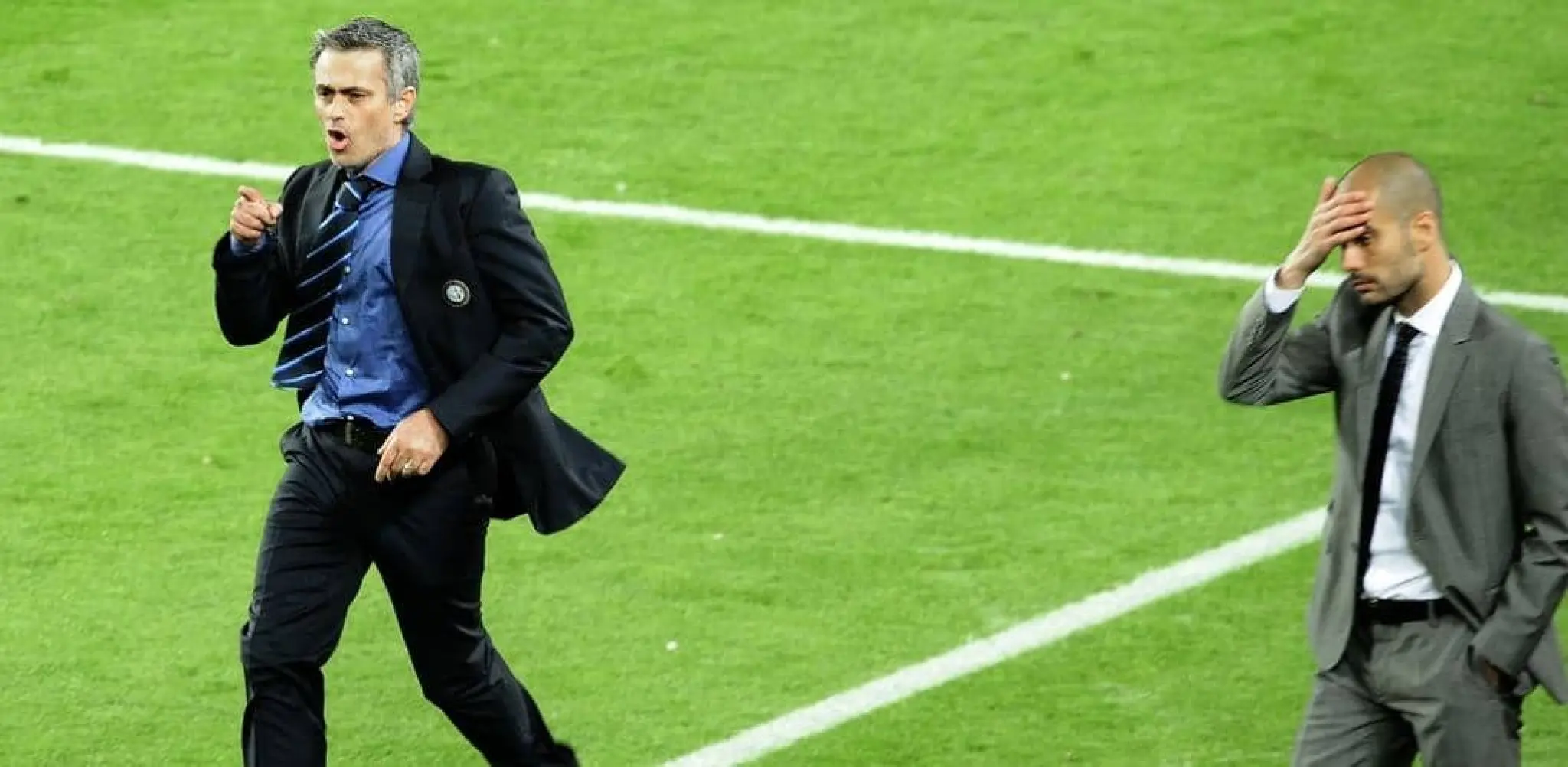
But, usually, an established playing name in the game is what is required for a gaffer to get their foot in the door. Though, of course, some have bucked the trend. Baggage comes with both sides of the coin.
There’s no better time to consider this coaching conundrum than with the current crop of Premier League managers. With former playing greats such as Antonio Conte, Pep Guardiola and Ronald Koeman testing their mettle versus those less distinguished in the game like Jose Mourinho and Claudio Ranieri.
With decorated Chelsea coach Conte set to take on fellow Italian tactician Ranieri this weekend in the Premier League, and Jurgen Klopp’s clash with ‘The Special One’, Coral writers consider how playing careers can impact a coach. Is there a rule of thumb for sideline success?
So, read on to find out who made The Good, The Bad and The Successful…
The Good
Antonio Conte
Conte’s CV as both a player and manager would give most the green-eyed monster, and the southern Italian has transitioned between his two posts with panache.
Nicknamed “The Godfather” in the dressing room, Conte’s calling card is silverware success. A former Juventus captain with five Serie A winners medals, a Champions League title and 20 caps for Italy, the 47-year-old did work his way up the ladder.
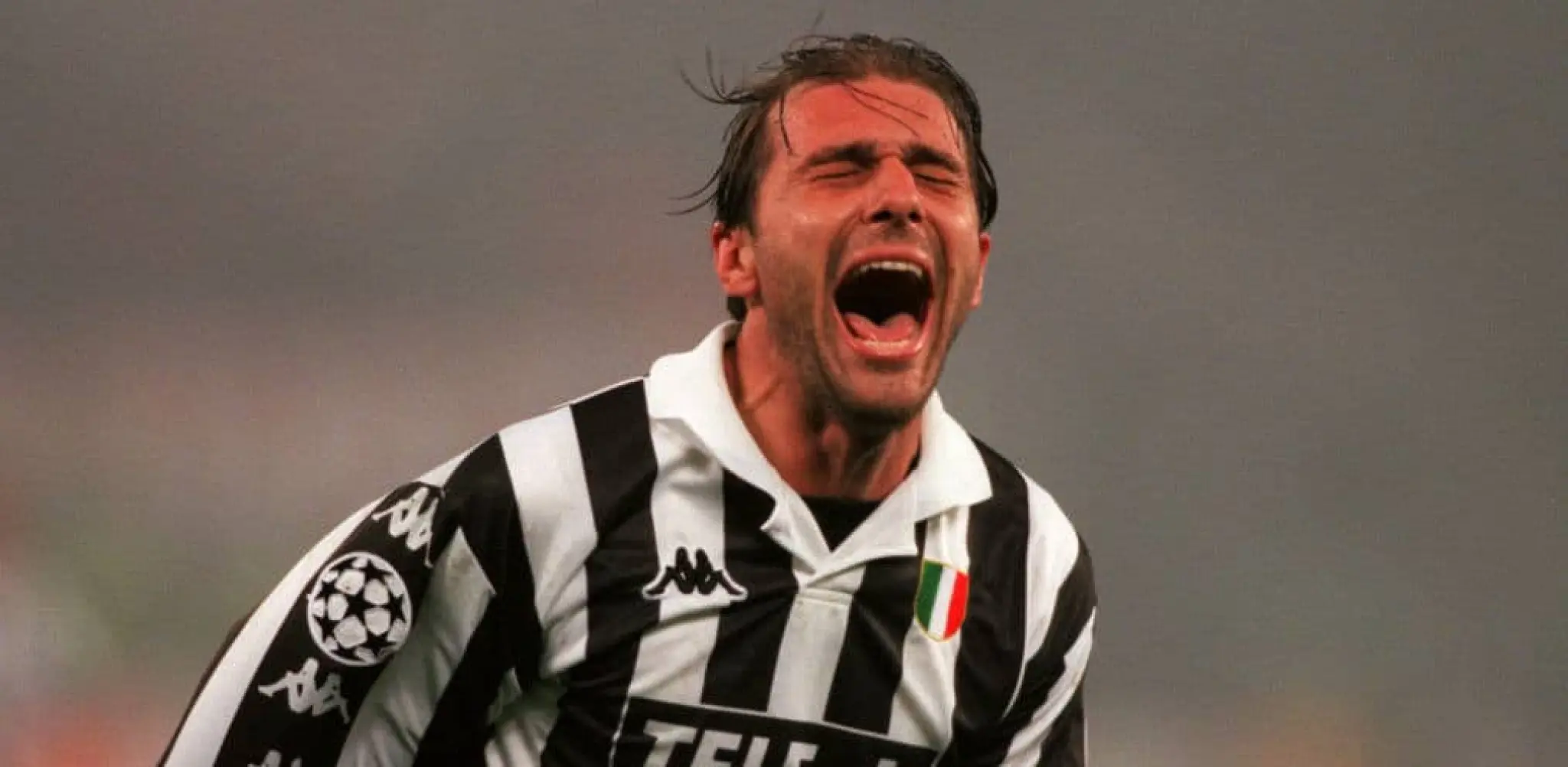
Starting by guiding Bari to Serie B success and promotion, a heroic return to Juve duly followed, including three consecutive Serie A titles. After guiding an impressive Italy outfit to be more than the sum of its parts at Euro 2016, Chelsea is Conte’s biggest test yet.
The Blues boss has endured a baptism of fire so far, way out of his comfort zone in England. As Chelsea now sit seventh in the Premier League, Conte must prove he can master his new surroundings.
So, although the former midfielder is a boon for the good player equals good manager side of this argument, Conte is yet to convince he can do it away from the contacts he made on the pitch.
Pep Guardiola
Guardiola must be the ultimate example of when a great player goes on to be an even greater gaffer. With a uniquely Catalan connection and philosophy running through him – no coach quite represents his roots like this Spaniard.
A La Masia pupil who became the teacher. Barca blood and style still runs through Guardiola’s veins despite a new Etihad adventure.
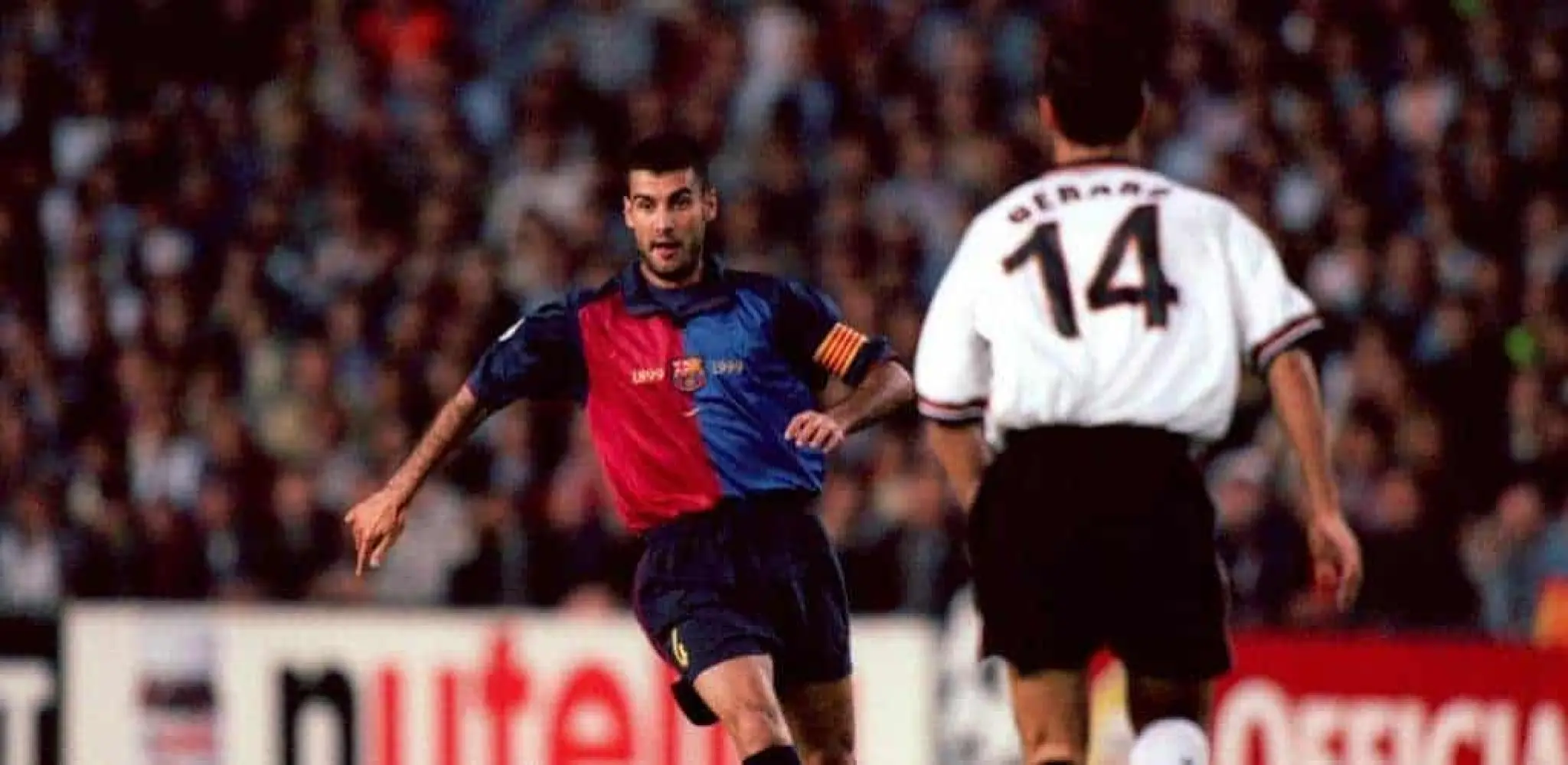
An elegant midfield conductor as a player, staying 11 seasons at the Nou Camp is no mean feat even for a Barcelona product – just ask Cesc Fabregas.
Six Liga titles and a European Cup medal while in his heyday have arguably been matched, or even surpassed, by Guardiola’s haul as Barca and Bayern Munich boss.
Three further La Liga trophies, two Champions Leagues, then on to three successive Bundesliga with Bayern. Yet it is the possession-hogging, ball-playing style for which Guardiola will have as his legacy. Tika Taka is going down well at Manchester City (10/11 to win the PL), where it is raining goals atop the Premier League.
Arguably, this is where having been a top player plays its part; Guardiola lived and breathed a successful football philosophy and was then able to develop the style he was imbued with.
Mark Hughes
A playing history that reads: Manchester United, Barcelona, Bayern Munich and 72 Wales caps is nothing to sniff at. Former hitman Hughes took home more than his fair share of trophies as a player, even notching a Football League Cup medal with Blackburn Rovers.
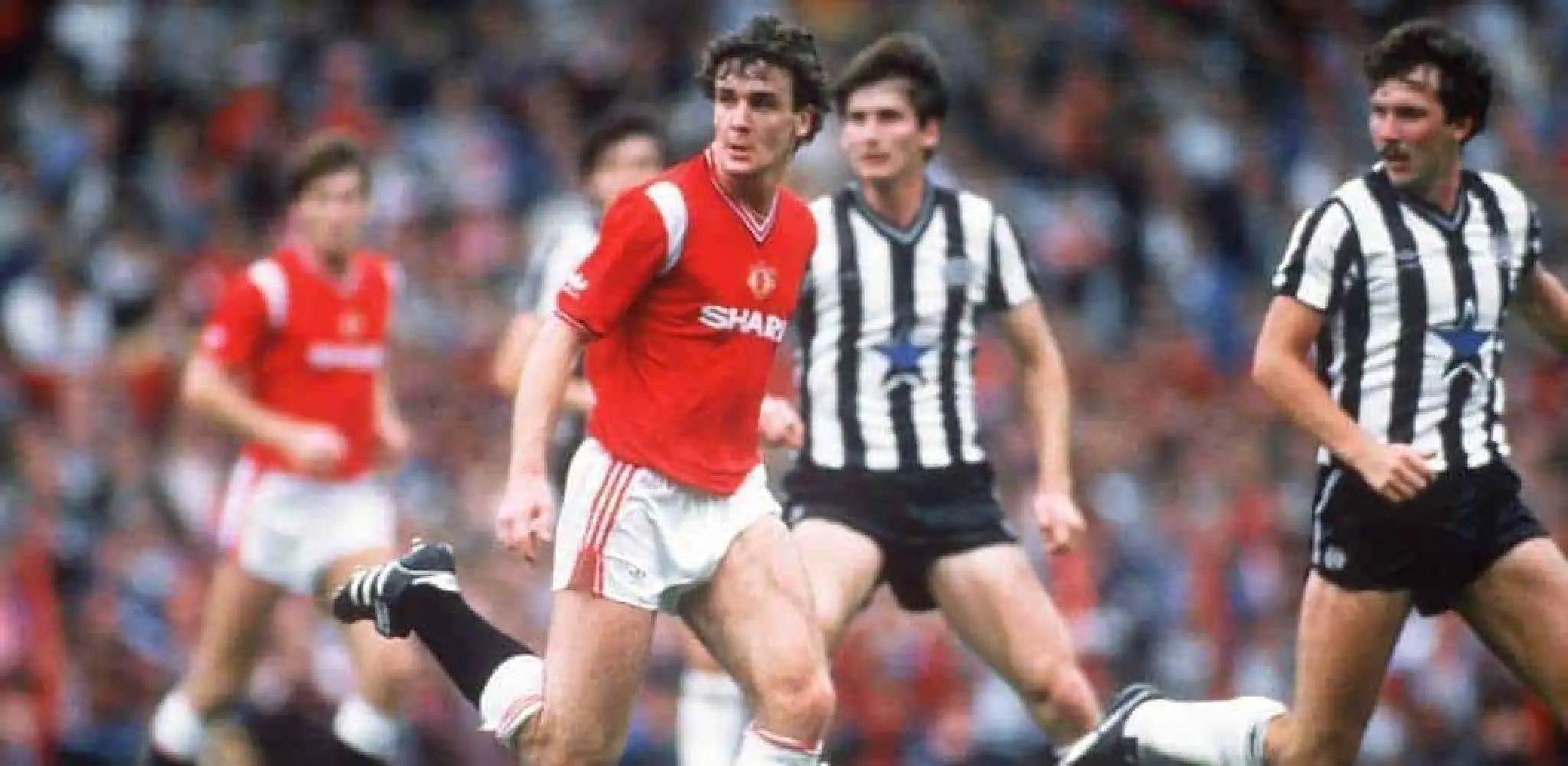
Yet a cup still eludes the Welshman as a coach. A win ratio of 29.3 per cent with Wales was no way to start out, nor were poor Fulham and QPR stints. But, Hughes has shown his heart for doing well with an underdog; dealing better with a blank canvas at Stoke City or Blackburn than unbridled ambition with Manchester City.
With his reputation smudged by the City sacking, Hughes has gone on to remind of his grit as a player by transforming the Potters from hoofball experts to a side with flair. Though, could such success and transfers such as Bojan Krkic have been possible without Hughes’ pull from his playing days?
Ronald Koeman
One of the players who epitomised Dutch total football, captaining the Clockwork Orange and playing alongside names such as Marco van Basten, Koeman learned to read the game and be a leader in his time as a sweeper.
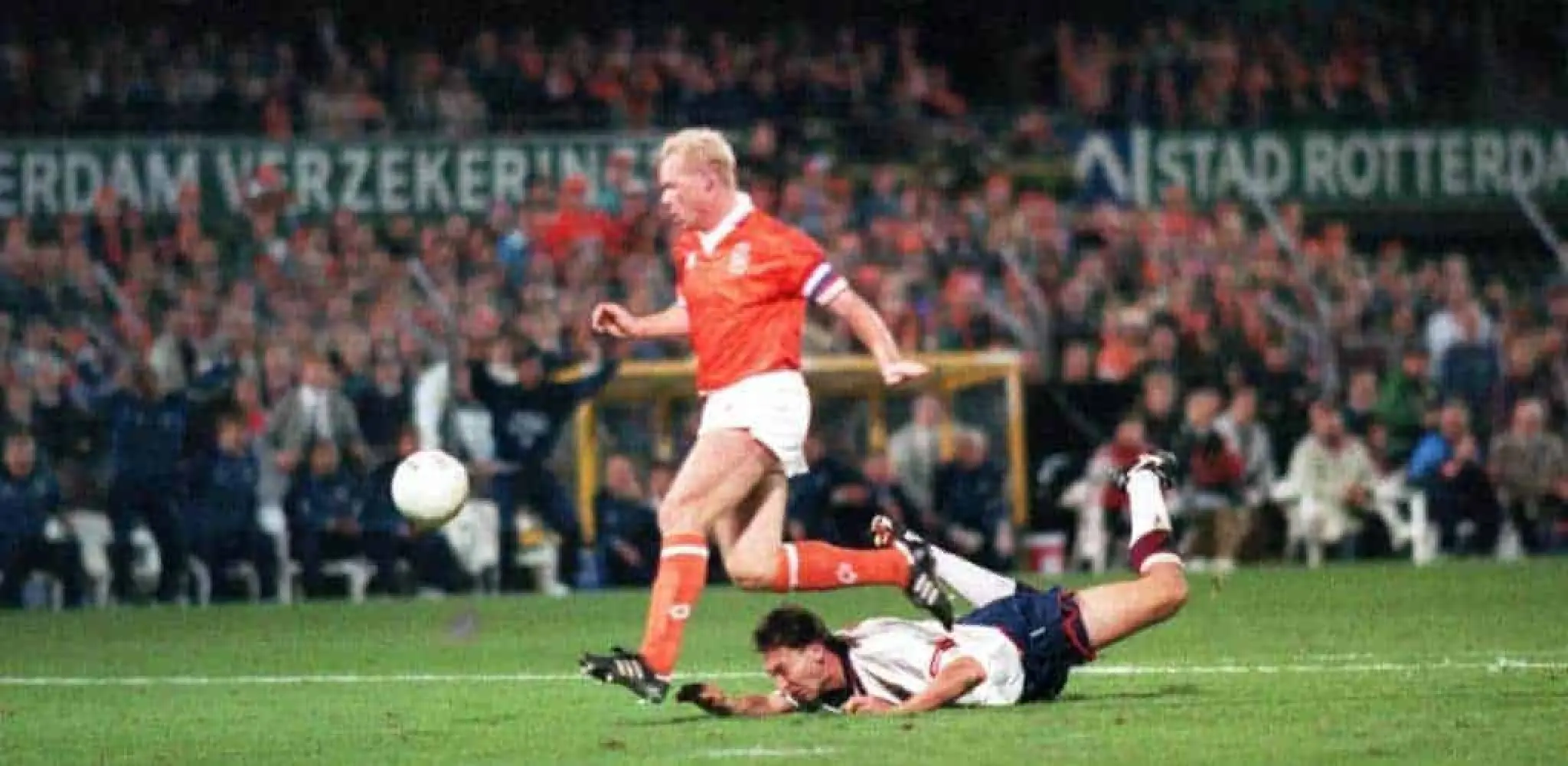
This has certainly stood the former defender in good stead, as someone who helped define the role of ball-playing centre back. As the only man to have played and managed the elite Dutch trio of Ajax, PSV and Feyenoord Koeman is another to have clearly stuck to his playing ideals, also honed when part of Johan Cruyff’s Barcelona “Dream Team.”
Less instinctive as a former defender, intelligence, composure and playing out from a technically talented but still staunch defensive line have been hallmarks of Koeman’s time in England. First with Southampton and now Everton, those Clockwork Orange building blocks show through.
Mauricio Pochettino
Perhaps the least famous as a player from our ‘good’ list, Pochettino still racked up 20 Argentina caps and spent a total of 10 terms with Espanyol before turning manager.
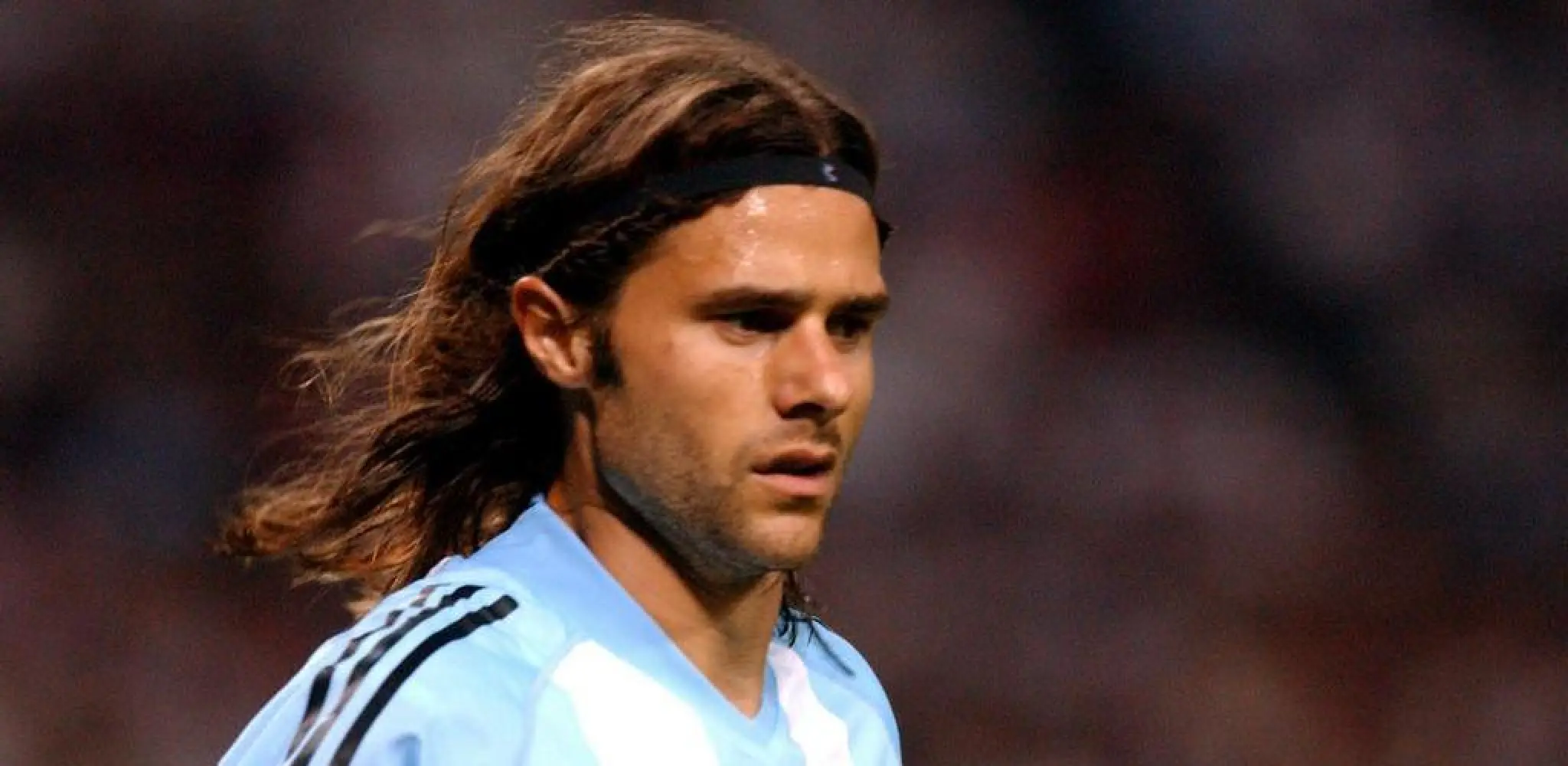
Is it coincidence that the Argentine is yet another defender? A fan of high-pressing, Pochettino knows what it takes to knit a team together. And, his defensive nous has helped Tottenham transition from perennial bridesmaids to potential title winners.
Yet Pochettino got a free pass to become manager, charged with saving his Espanyol team from relegation only shortly after completing his coaching badges. As the least decorated player from the ‘good’ side, boasting only a Copa del Rey and Argentine Primera Division – will this lack of winning history come back to haunt as a coach?
The Bad
Arsene Wenger
A young Wenger may have had high aspirations but they were never realised as a player, as the Frenchman featured mainly for amateur clubs.
This combination of part-time football plus scholarly pursuits perhaps eventually earned Wenger the nickname “The Professor.”
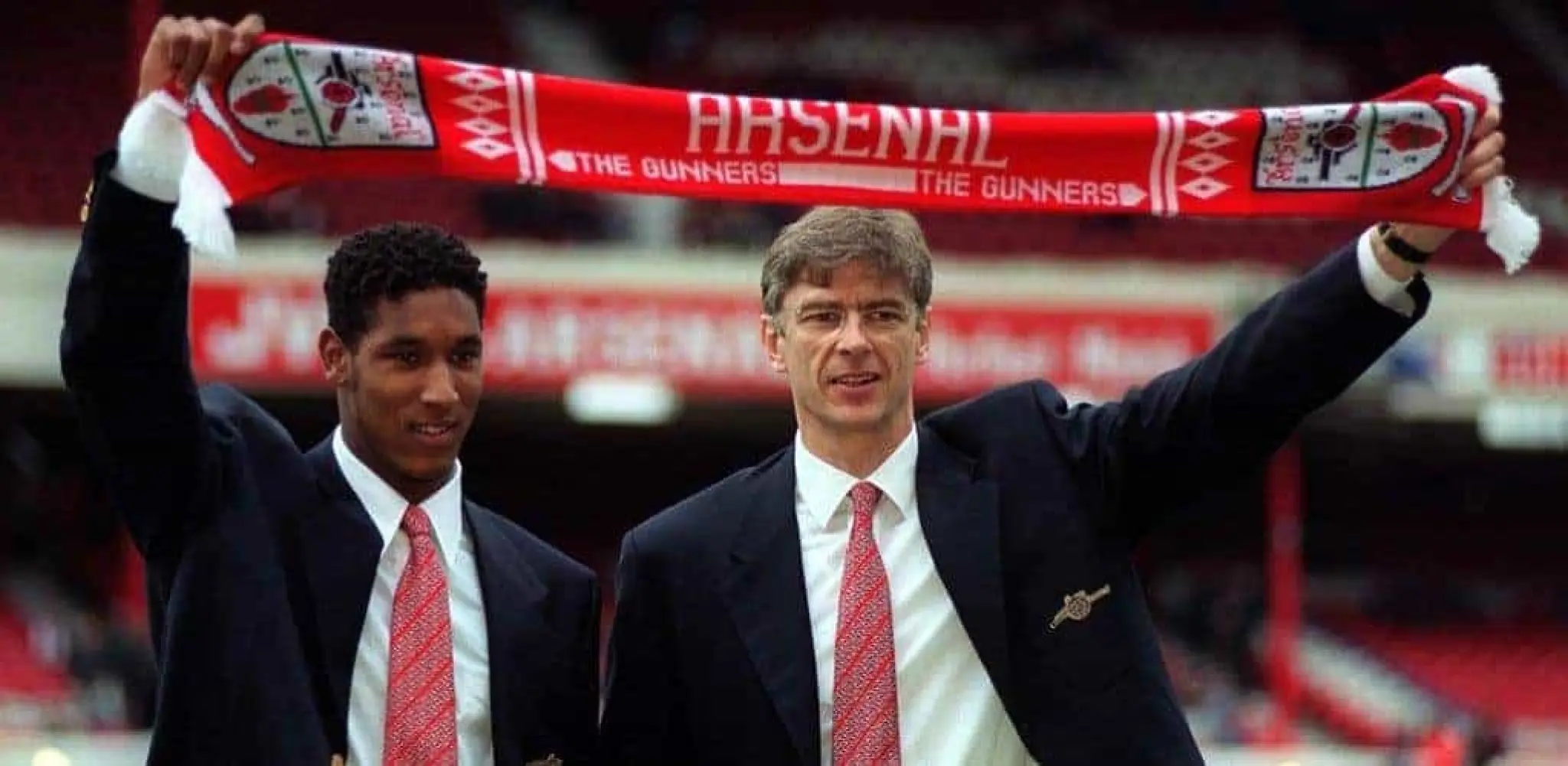
Detractors could claim Wenger’s pursuit for football purity, sticking to a possession-based style, prioritising flair players and developing youth (arguably sometimes over success) speaks to his lack of experience winning as a player.
Yet, few can fault a record which boasts six FA Cup and three Premier League titles as a manager, as well as Arsenal’s famous ‘Invincibles’ side. In fact, it is testament to his abilities that many expect even more from Wenger, who changed the identity of the Gunners with his arrival in English football in 1996.
Jose Mourinho
If there was to be one manager that epitomised the view that a tactician borne of being a poor player is even more hungry and motivated due to that failure, it would be ‘The Special One.’
Mourinho (dubbed merely as ‘The Translator’ by detractors) may not appeal to all footballing palates but he completed his coaching internship under the likes of Louis van Gaal and Sir Bobby Robson. An obsessive student of the game, he observed training sessions from a young age.
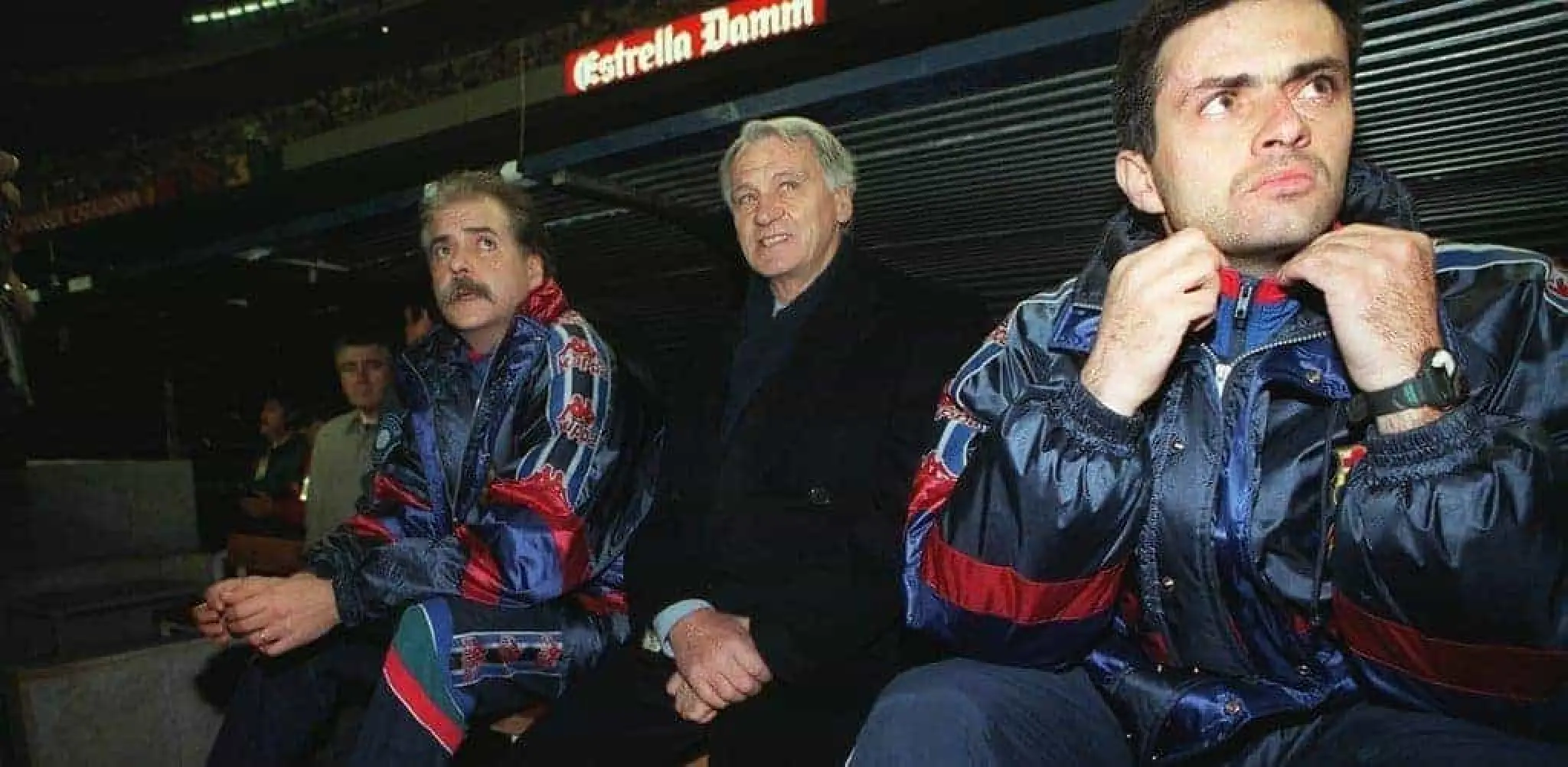
Unable to follow in the footsteps of his goalkeeper father, supposedly lacking the physical attributes to succeed, Mourinho turned his attention to management, going on to win a Champions League each with Porto and Inter Milan, while also enjoying league and cup success with Chelsea and Real Madrid.
Now at Manchester United, who are 13/5 to beat Jurgen Klopp’s Liverpool this coming Monday night, Mourinho is set to go down in history as one of the greatest managers of all.
Critics hone in on his desire to win at all costs over an entertaining type of football. But, having no hang-ups about sticking to a style or loyalties to teachings from his playing days, in contrast to Wenger, is arguably what makes Mourinho such a winning machine.
Claudio Ranieri
Ranieri completed the impossible coaching dream when he guided unlikely Leicester City to unprecedented Premier League glory last season, but had no glorious professional playing days to call upon for experience.
Two years with boyhood club Roma in which he made all of six appearances was the high point of his career in defence. But, as another boss arguably spurred on by knowing how you have to graft for success, those hard knocks did him no harm.
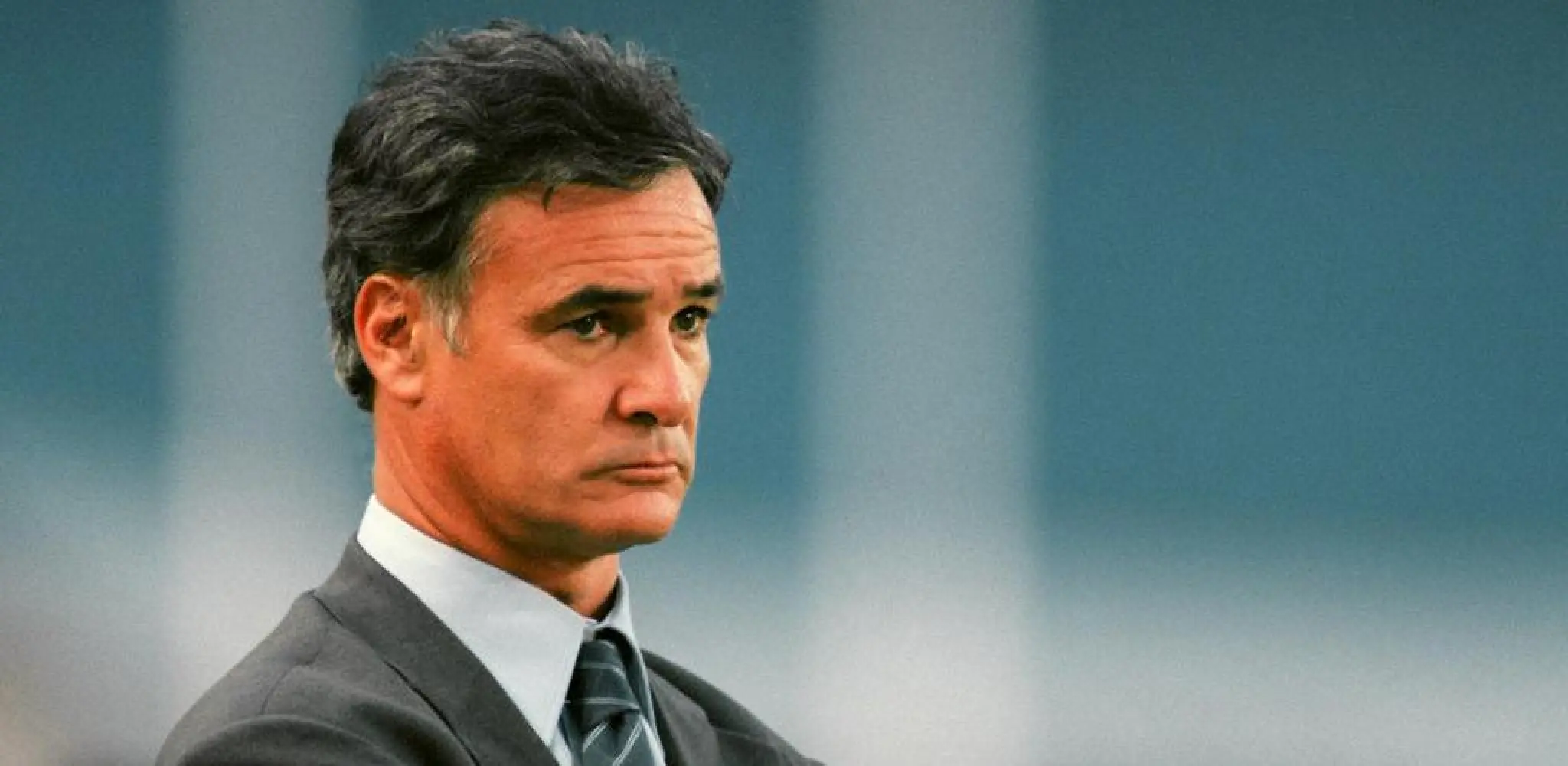
The modest manager initially failed to first hit the trophy heights expected of him when in charge of clubs such as Valencia, Chelsea, Roma, Juventus and Inter Milan.
But, in true underdog style, he found that glory with the Foxes – a team Roman Ranieri moulded in his image of a hard working, late bloomer. Leicester are 5/1 to sink Chelsea this weekend.
Jurgen Klopp
An undistinguished career as a striker who was then curiously moved all the way back to defence, Klopp was loyal to German minnows Mainz where he stayed put for 11 years.
This was duly where coach Klopp emerged and earned his first managerial break, with his character evidently better suited to the sidelines.
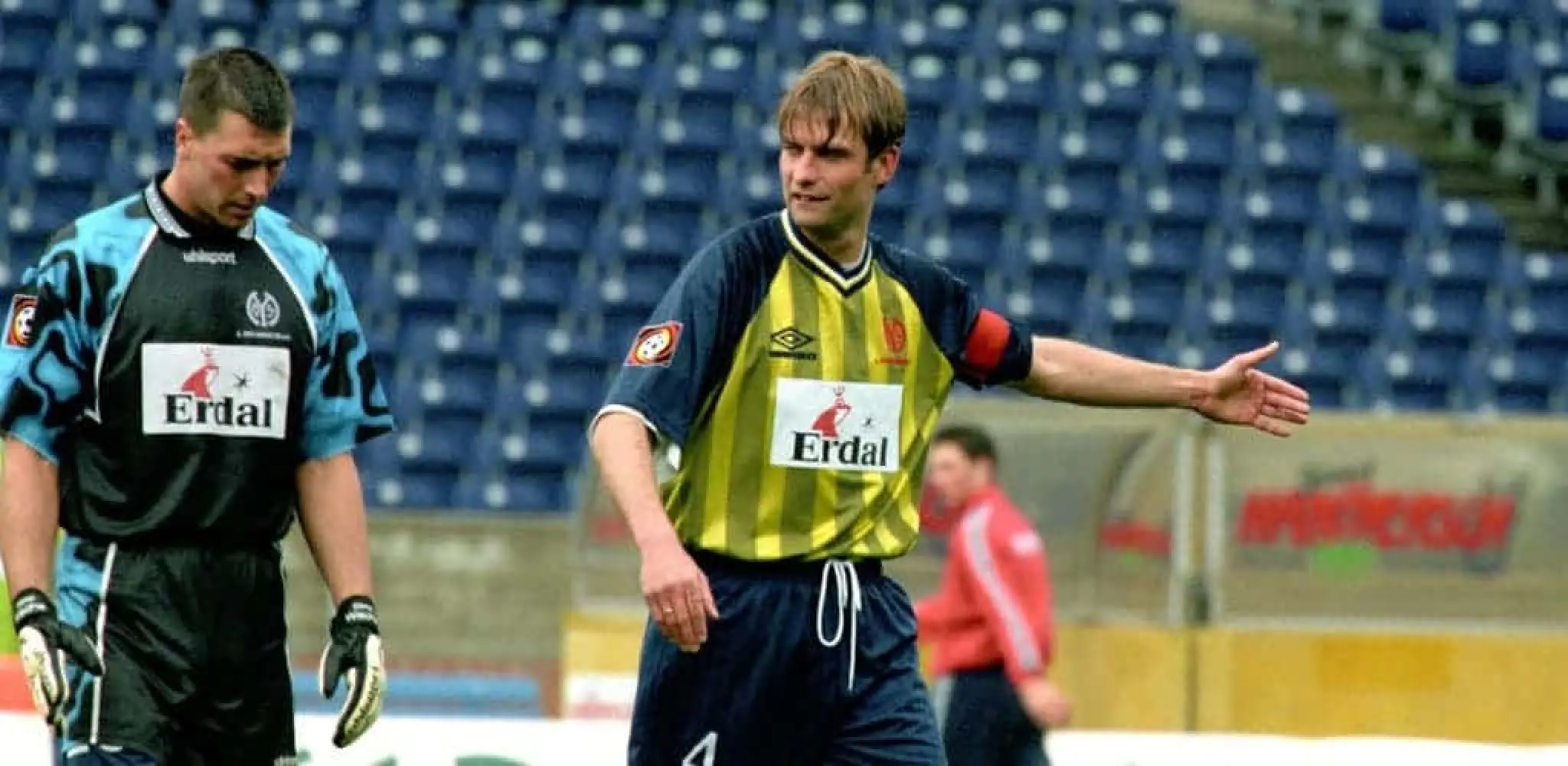
The loyalty shown as a far from successful player has stayed as a feature of Klopp’s management as he remained with Mainz through relegation, before taking his frenetic pressing football on to Borussia Dortmund, where he stayed for seven seasons.
Back-to-back Bundesliga’s make Klopp another real success story of an unremarkable player going on to be a brilliant gaffer. If he can restore Liverpool to former glories, there would be few greater achievements.
David Moyes
A centre back moved on from giants Celtic after around 24 appearances, now Sunderland boss Moyes went on to represent several small underdog clubs, with Bristol City and PNE the biggest names.
Unlike Ranieri, Moyes’ many years spent as a dark horse, only exacerbated by managing Preston and then Everton, can be accused of impacting his mentality and management style.
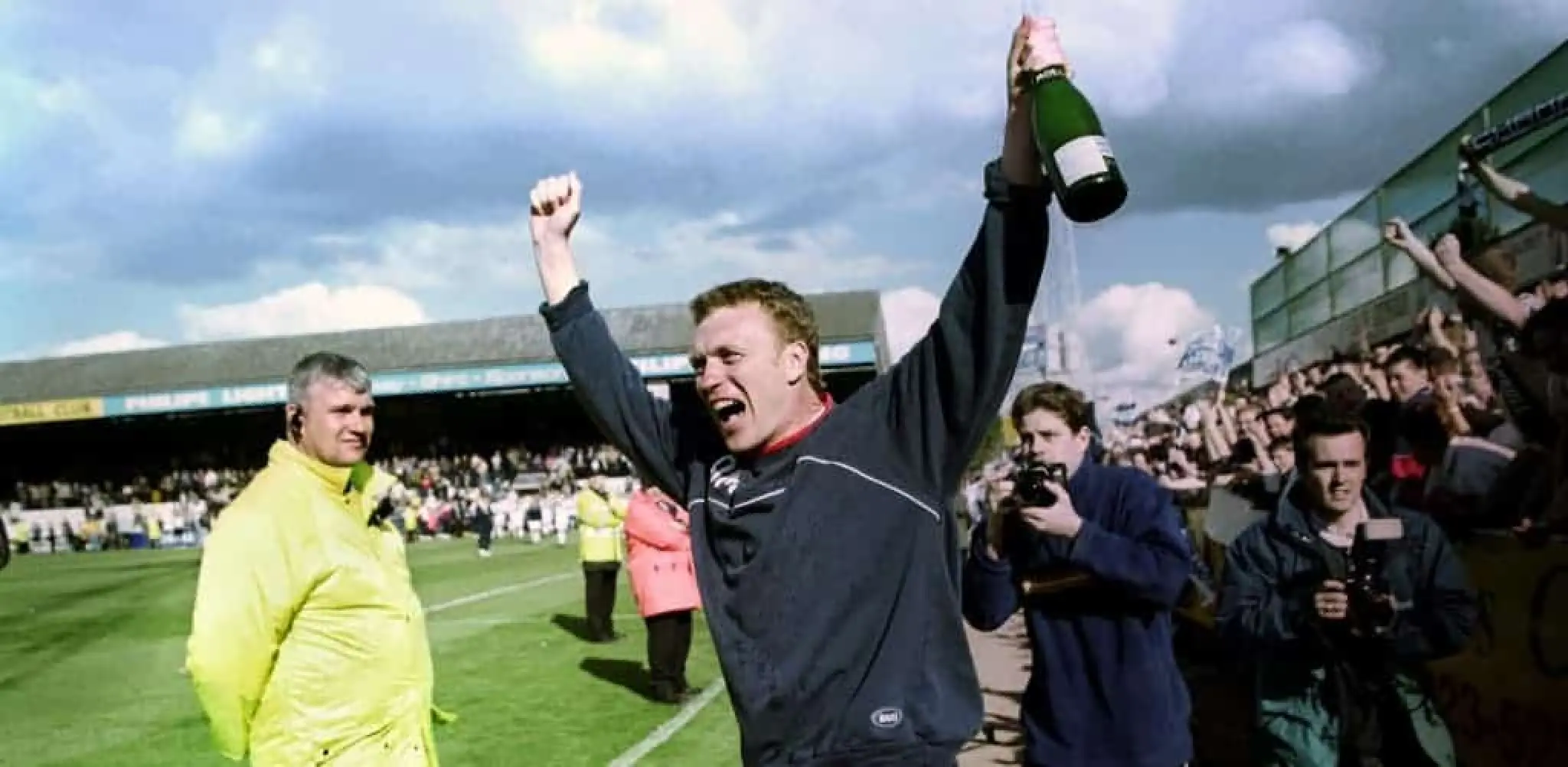
Used to, and skilled in, urging unlikely heroes on, this lack of success as a player doesn’t make Moyes a bad manager, but it did make him unsuited to top jobs like Man Utd where expectations were higher.
Most Successful?
All in all, both the former talented players and flops make convincing cases. Those who have a point to prove ala Mourinho are certainly intriguing examples that show you don’t have to have played well on the pitch to change the management game.
Though, it is clear that many former elite stars have overwhelmingly flooded and dominated the dugout market. Our Premier League examples show perfectly that these ex-top players know what it takes to win and usually come with an in-built attacking philosophy.
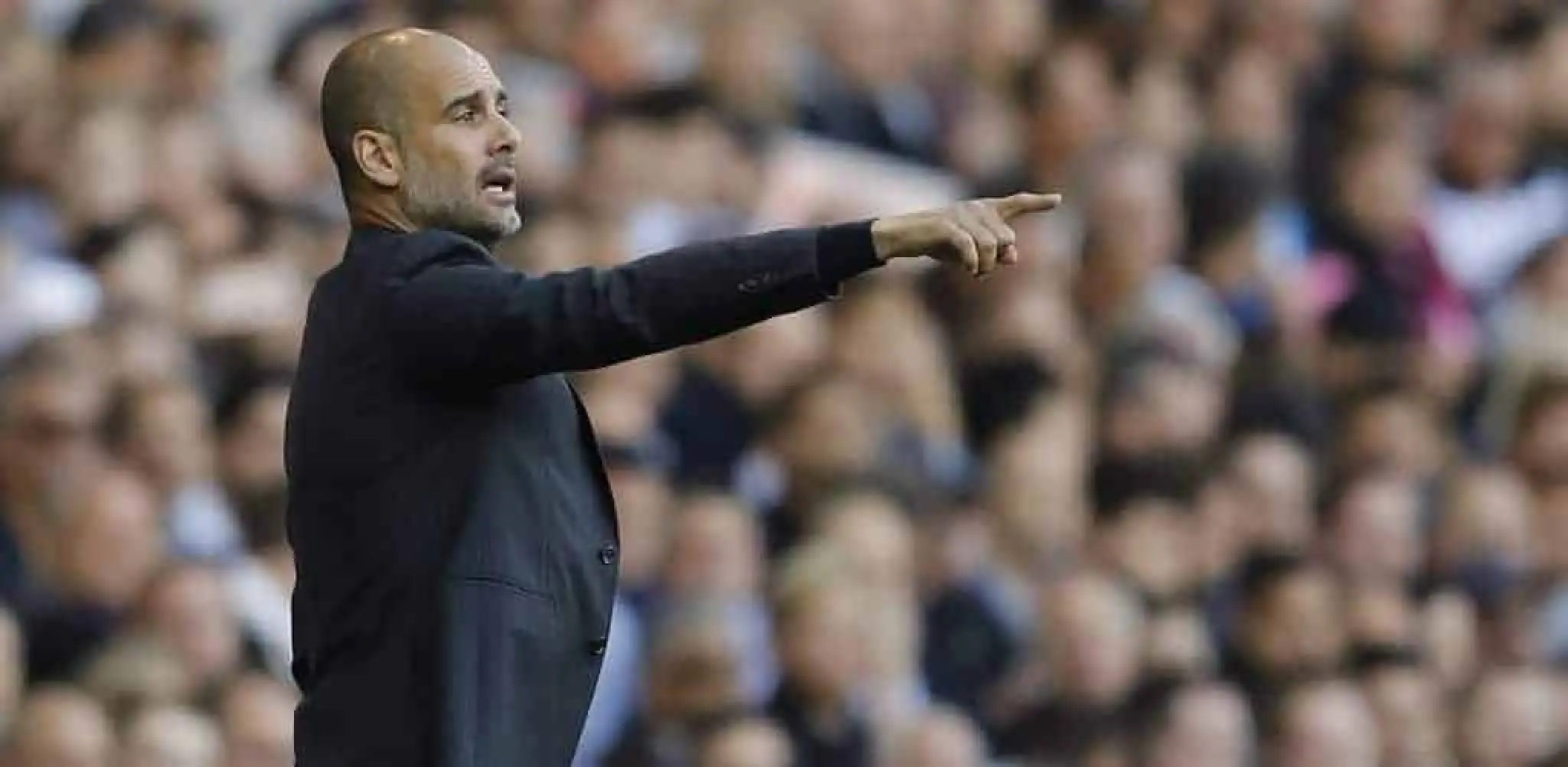
Who will come out on top this season? Guileful Guardiola or win-at-all-costs Mourinho? Only time will. But the debate will rage on.
Related
Delve into our football section for further features and Premier League odds.
Do good players make the best managers? Have your say in our comments section.










